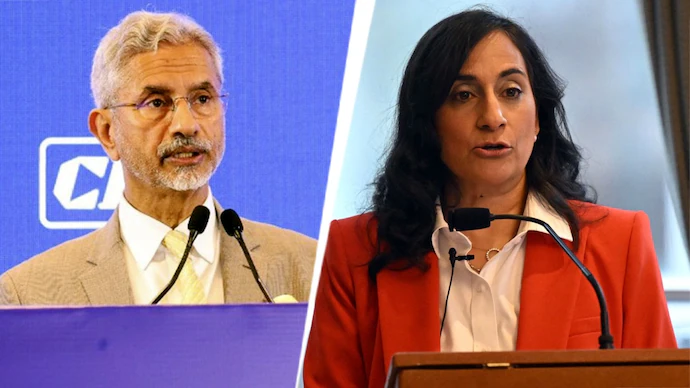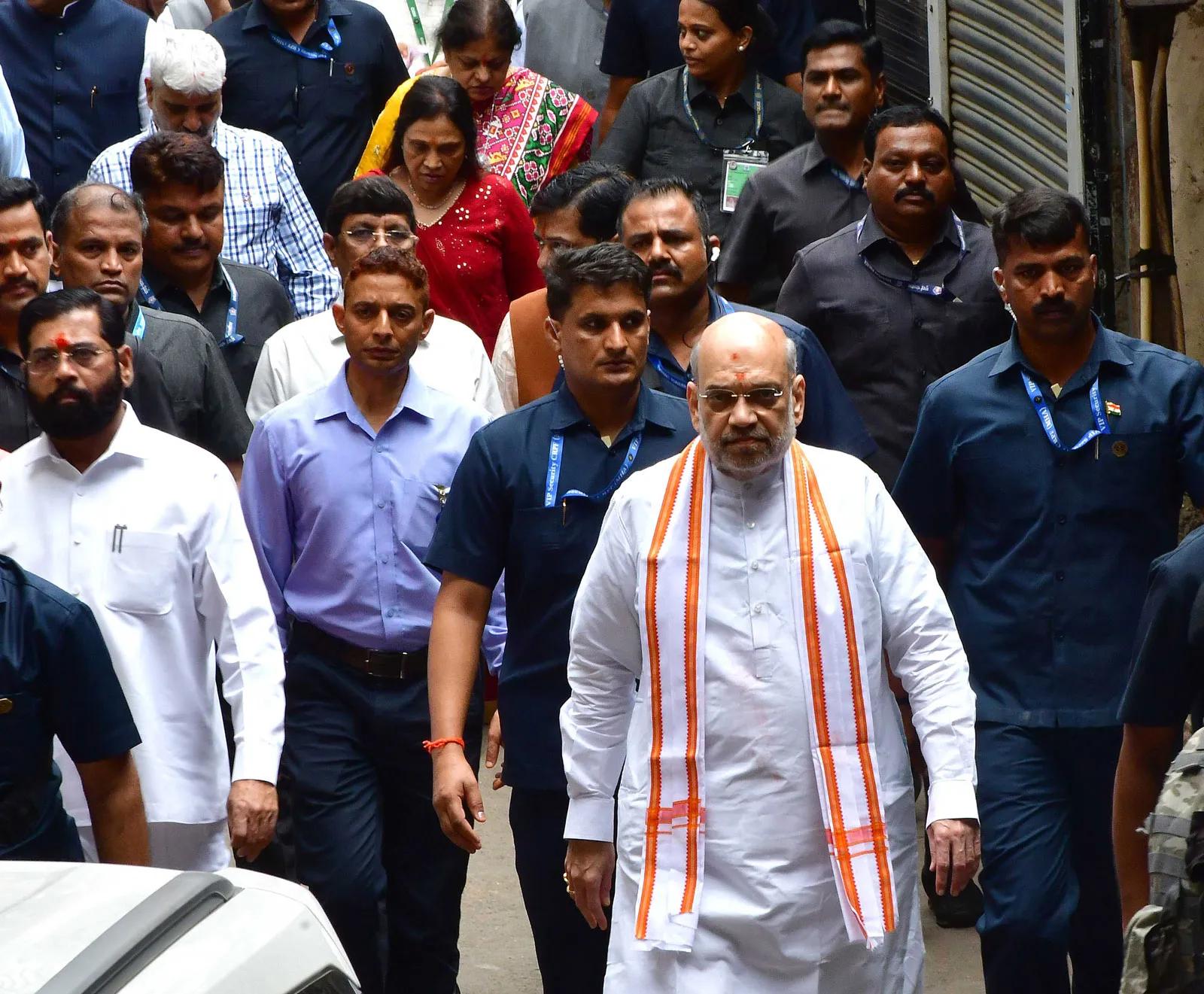
RE: Ensuring peace and regional stability in South Asia

26 Vaisakh, Nanakshahi 557 | May 8, 2025 CE
Honourable Minister Mélanie Joly
Minister of Foreign AffairsHouse of Commons
Ottawa, Ontario
K1A 0A6
melanie.joly@international.gc.ca
Dear Honourable Minister Joly:
RE: Ensuring peace and regional stability in South Asia
I write to you with urgency as Sikhs around the world are gravely concerned about the deepening crisis in South Asia. The escalation of violence between India and Pakistan has resulted in significant civilian casualties, and puts the Sikh people on the frontlines of a military confrontation in Punjab. I write to you to emphasize the urgent need for multilateral engagement in order to ensure justice, dignity, and prosperity for the entire region.
Since tensions were renewed, Sikhs clearly reiterated that the community will remain neutral in the ensuing conflict and have categorically refused to be instrumentalized to serve India’s imperialist ambitions. The Sikh community was deeply hurt by the deaths of civilians on both sides, including several Sikhs, as well as damage to gurdwaras in the crossfire between Indian and Pakistani forces. We are particularly concerned by reports that an Indian drone was observed near Nankana Sahib, the birthplace of Guru Nanak Sahib–the founder of the Sikh Faith.
Historically, Sikhs have been consistently marginalized in the geopolitical shifts affecting South Asia since the colonial Partition of Punjab in 1947. Since then, Sikhs have systematically been denied meaningful autonomy or self-determination, and instead, have been subject to horrendous mistreatment, crimes against humanity, and genocide by the Indian state. In the face of the current military conflict, Sikhs advocating for an independent Sikh homeland, Khalistan, or peace in Punjab also face rising threats of arbitrary detention and other prospective emergency measures from the Government of India.
South Asia represents a unique blend of intricately interwoven religious, cultural, linguistic and ethnic diversity across the region. The roots of the current conflict lay in the partition of the region along artificial lines based on majoritarian nationalism, as well as India’s subsequent determination to forcibly confine minority groups within its borders. The only way to ensure stability and lasting peace in this scenario is to allow these communities to organically restructure the region based on genuine pluralism, democratic principles and fundamental human rights, including the right to self-determination.
India’s unilateral acts of aggression this week were preceded by a transnational assassination program which violated the basic principles of state sovereignty and the UN Charter. As documented by the UN Human Rights Council, India targeted Sikh leaders all around the world, culminating in the assassination of Shaheed Bhai Hardeep Singh Nijjar on Canadian soil on June 18, 2023. Similarly, India’s strikes in Pakistan used the rhetoric of “counter-terrorism” while it undeniably targeted places of worship and homes to kill civilians, including women and children. India’s actions not only violate international legal norms, but also expose India’s deepening authoritarianism and its role in undermining regional peace.
The current crisis underscores the critical urgency of proactive international diplomacy to maintain the foundational principles of international law and ultimately, prevent further escalation. It is imperative that the international community advocates for a lasting resolution to the lingering political disputes of Partition and guarantees the rights and dignity of all minorities as an essential condition for long-term regional peace.
In this spirit, we urge the Government of Canada to:
Take steps to stop Indian proxies and disinformation networks in Canada from amplifying toxic Islamophobic narratives with the aim of polarizing communities;Call on all parties to commit to maintaining the security and integrity of Sikh shrines, including cultural heritage sites, on both sides of the border;Urge an immediate cessation of hostilities and advocate robustly for international mediation to diplomatically resolve the underlying political disputes, including those involving the political status of Kashmir, and the Sikh right to self-determination in Punjab; andEnsure Sikh representatives are included in any multilateral discussions aimed at resolving the current regional tensions, recognizing the Sikh people as direct stakeholders in any lasting resolution.
The Sikh people remain ready to coordinate closely with regional and global stakeholders to responsibly navigate and mitigate the consequences of any regional conflict. To achieve this, we would like to meet with you at your earliest convenience to discuss this serious issue in greater depth.
Respectfully,
Moninder Singh
National Spokesperson
Sikh Federation (Canada)
info@sikhfederation.ca
More News

Sikhs across Canada are expressing deep concern following reports that Foreign Affairs Minister Anita Anand met with her Indian counterpart as well as Narendra Modi earlier today.

In the backdrop of the Canadian government's ongoing efforts to normalize relations with India, today's announcement to designate the Bishnoi gang as a terrorist entity is an insufficient step to curb India's ongoing threats to the Sikh community.